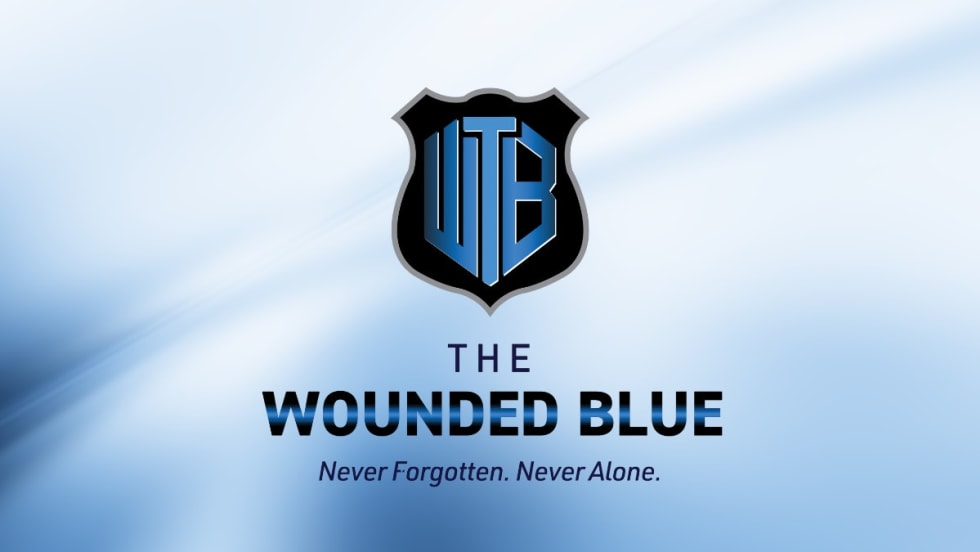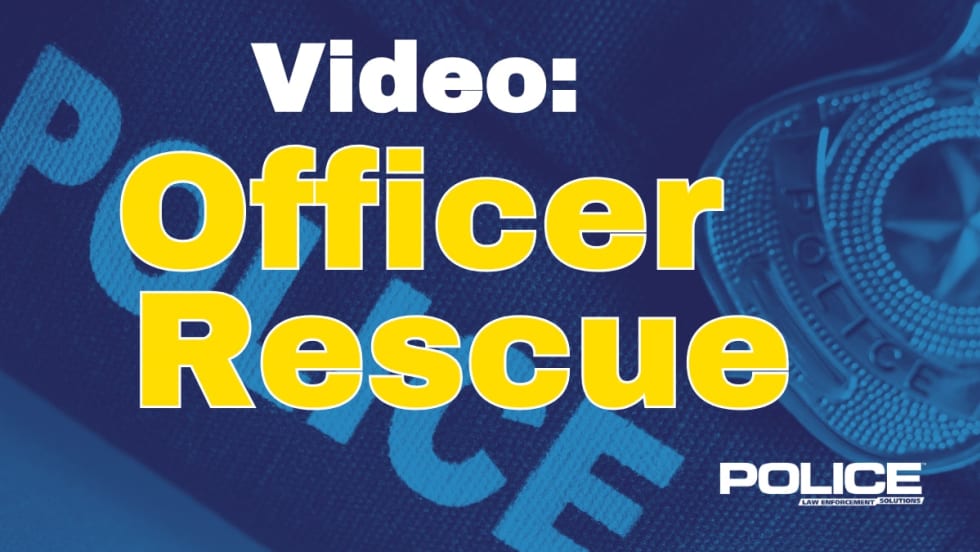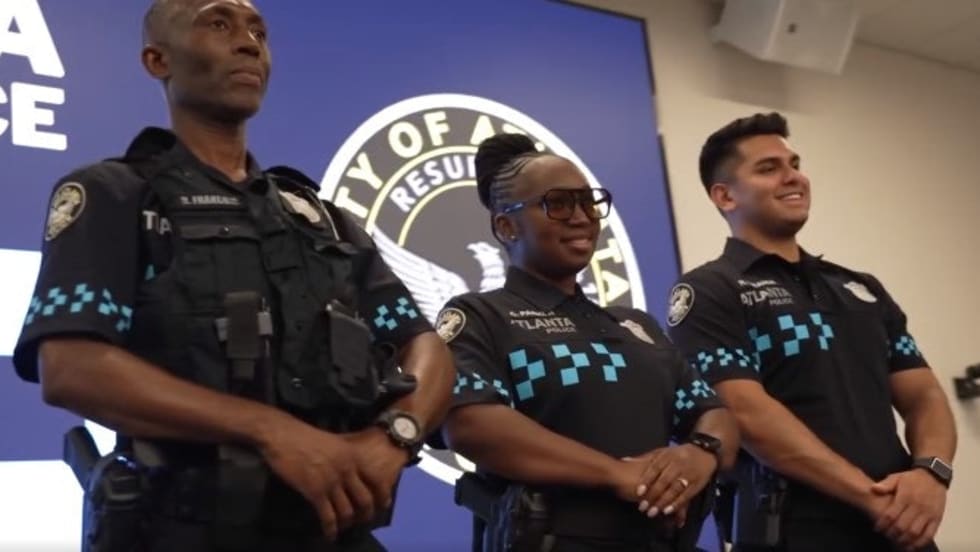America’s anti-police activists have two favorite items on their agenda. One is the abolition or defunding of law enforcement so that all the resources spent on police operations can be spent on a laundry list of social justice measures. The other is ending police “militarization.”
Public support for defunding and abolition of police is disappearing—even in the most liberal cities—as the homicide rates climb. So the anti-cop folks are starting to pound hard on the militarization drum.
And one of the reasons that drumbeat is now sounding so loudly is that some of the activists opposing the construction of a first responder training center in Atlanta say that it will be used to train officers in “urban warfare” against black and brown people. The training center—known pejoratively as “cop city”—is basically at the groundbreaking stage and just the very idea of it has the antifa boys breaking out their balaclavas and making Molotov cocktails. There are others who oppose the center on environmental grounds, but that’s not our focus.
As envisioned by city officials and the non-profit Atlanta Police Foundation, the Atlanta Public Safety Training Center is supposed to be built on 85 acres of a 300-acre tract of land in Southeast DeKalb County. Local reporters who have seen the blueprints of the project say it will include classrooms, a shooting range, a burn house for the firefighters, K-9 kennels, a horse pasture, a driving track, and a mockup of city streets and buildings.
That last feature is why the anti-police forces have dubbed the Center “cop city,” and it’s why they say the facility will be used to train police in military tactics. Their argument is…well…I’ll just say it: It’s stupid. That city street training area can be used for de-escalation training, training for response to mentally ill persons in crisis, active shooter exercises, and training in any number of police operations that are not “urban warfare.”
Another reason the militarization argument against “cop city” is stupid is that Atlanta desperately needs the training center. Currently, the Georgia capital does not have a police academy. Officers train at vacant schools and at other buildings in the area. Which brings me to another hole in the “urban warfare” training argument against “cop city.” What makes the activists think that officers couldn’t train in military tactics at the places they are currently conducting training?
The truth is the whole concern about militarized law enforcement has become increasingly absurd. Some activists and academics are now arguing that the very command hierarchy of police agencies is militarization. That one makes me laugh out loud. I challenge these scholars to name one business, one organization, or one institution in the United States or anywhere else in the world that doesn’t have top down management, i.e. a paramilitary hierarchy. There’s always the commander, the subcommanders, the unit leaders, and the soldiers. The only difference between the command structure of a university and a police agency is academics don’t wear uniforms. However, they do wear ceremonial robes with rank markings.
Another huge fallacy of the police militarization argument is that the people who say police are militarized really have a hard time defining the concept. It generally comes down to you have stuff and training they don’t think you should have. The gear you’re not supposed to have includes: rifles, helmets, tactical armor, shields, and of course, armored vehicles. They really hate armored vehicles and they love to refer to them as “tanks.”
Ever since the advent of the 1033 Program back in 1990, the Department of Defense has been providing law enforcement agencies with military surplus, including armored vehicles. Consequently, many more police agencies have armored vehicles. And that drives the anti-police folks crazy. They see your use of armored vehicle to improve officer safety during extremely hazardous operations as “fascist.” And they argue that the vehicles are used to intimidate black and brown citizens. I guess if black and brown cops and brothers and sisters of other ethnicities are inside an armored vehicle moving into position during a barricade incident and listening to some nutjob’s AK fire bounce off the metal, they should just get out of that “tank” and expose themselves to fire in the name of social justice.
The entire militarization myth, whether it comes from the activists in Atlanta or an academic in the Ivy League, falls apart on one key fallacy. You have no offensive capability. Your “tanks” have no gun turrets or machine guns. You have no crew-served weapons or artillery. You don’t even have fragmentation grenades. Honestly, you would be a damn poor military force.
Which is the way it should be. Warfighting is not your job. However, that doesn’t mean you don’t need more defensive tools and more professional training than ever to protect you as you enforce the law and preserve the peace in an era of heavily armed criminals who think nothing of killing you or innocent civilians. Which is why training centers like the one proposed for Atlanta are essential for public safety.










